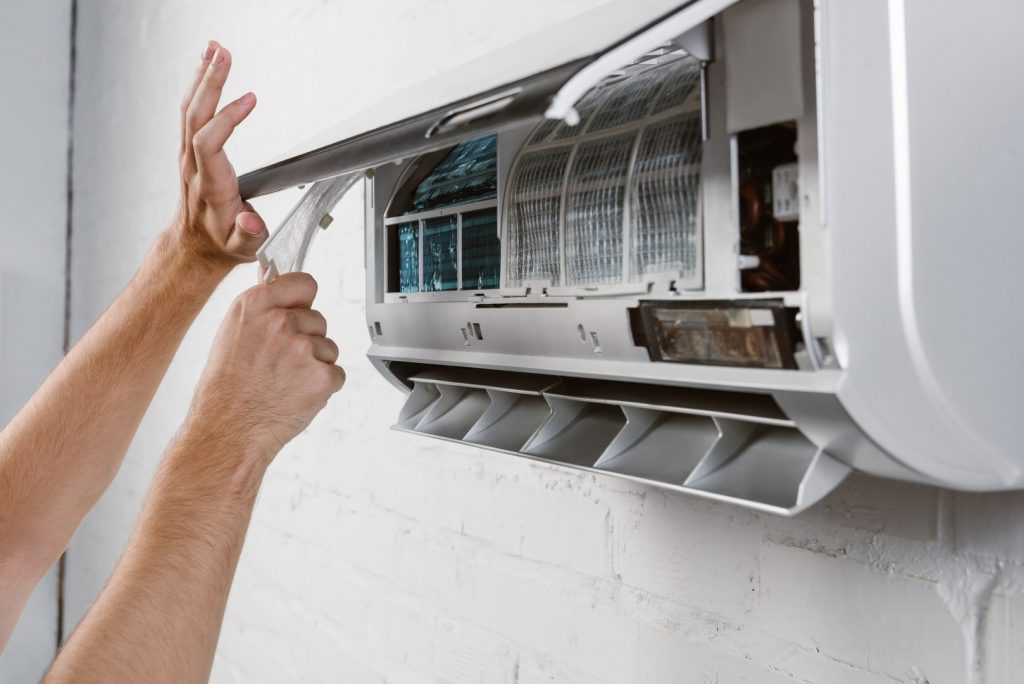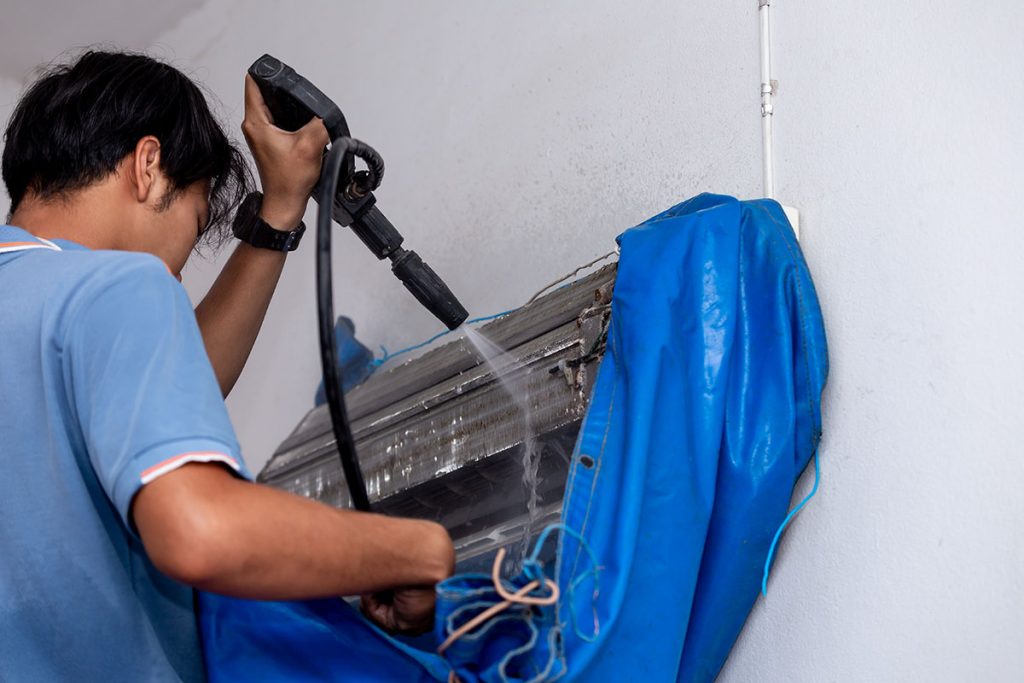Currently, there is a big debate around whether HVAC systems can transmit and potentially duplicate the COVID 19 virus. We have compiled together valuable information that will assist you keep your building, home or office maintaining the highest practical level of indoor air quality to support the fight against COVID19. Read on to learn more about how COVID 19 and air conditioning systems don’t further spread the virus.
Transfer – Sneezing can release hundreds of thousands of droplets, at speeds, excess of 400km/h and coughing only 1% of this, but it occurs far more often. Latest studies show that the virus can remain viable within the air for up to 3hrs, whether it is still airborne in that time, has to do with the droplet size and environment. Other factors would also have to be taken into consideration.

Viruses – Viruses cannot replicate unless attached to another living organism, therefore they cannot multiply or reproduce inside a HVAC system.
Humidity – As seen in the image below ideal humidity levels range between 30-60%RH. For virus’s, including COVID-19 we want the humidity level as high as practically possible. This ensures the water droplets remain large and do not evaporate, resulting in them being caught in a filter or falling to the ground and not remaining airborne.
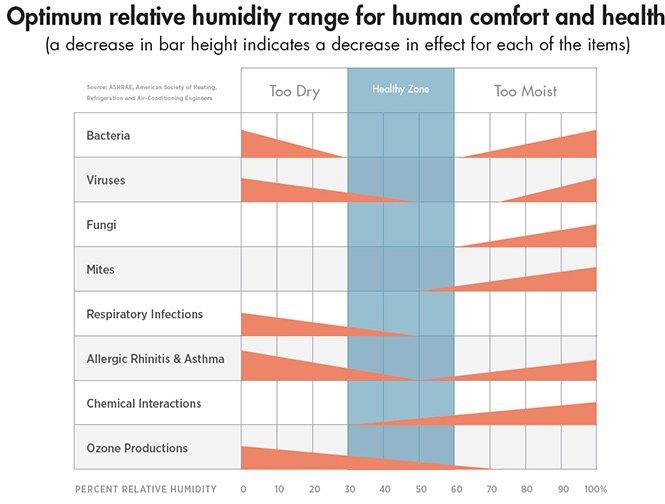
Filtration – The particulate matter size of the Corona virus is less than PM2.5 (below 2.5 microns). Only extremely high MERV rated filters will have the ability to catch this type of virus. Not all HVAC systems are suited for these high MERV rating filters.
Droplets that contain a virus are more than likely going to settle on some internal duct work if they make it through the filter. 70% of Influenza aerosols are under PM2.5, so they are likely to stay in the air. How many make it to the filter are currently unknown.
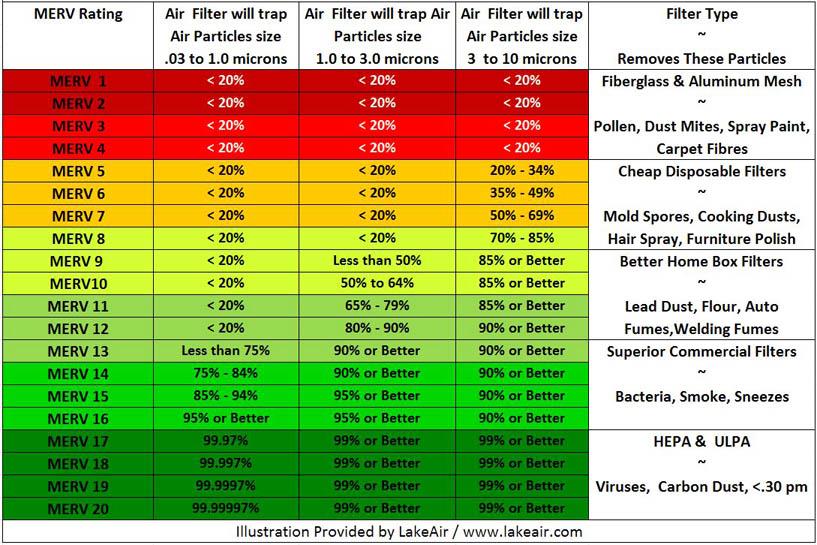
Outside Air – Buildings require a minimum air change per hour depending on the application. Studies show that that we breathe around 11,000 litres of air per day and spend around 90% of that time indoors. As illustrated in the image our performance level decreases as CO2 levels increase. Maintaining a CO2 level of 600ppm or below is essential for the health of humans.
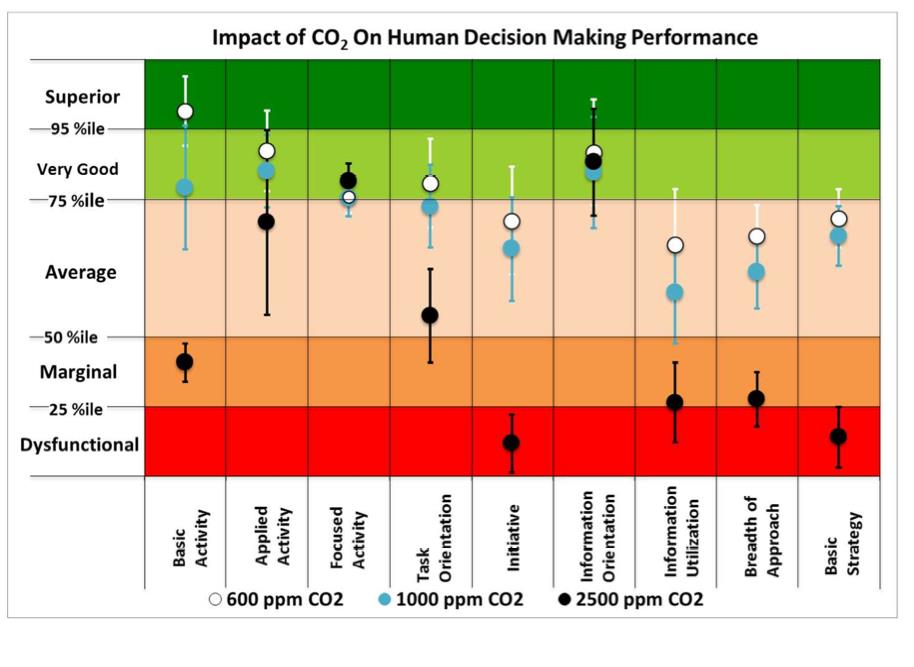
Cleanliness – Although there is no study to prove Corona virus can be spread through a HVAC system, we need ensure all parts of HVAC system are fungi and bacteria free. These issues do not directly relate to the virus, however as we currently have no vaccine or cure, we need our immune system to be functioning at its very best.
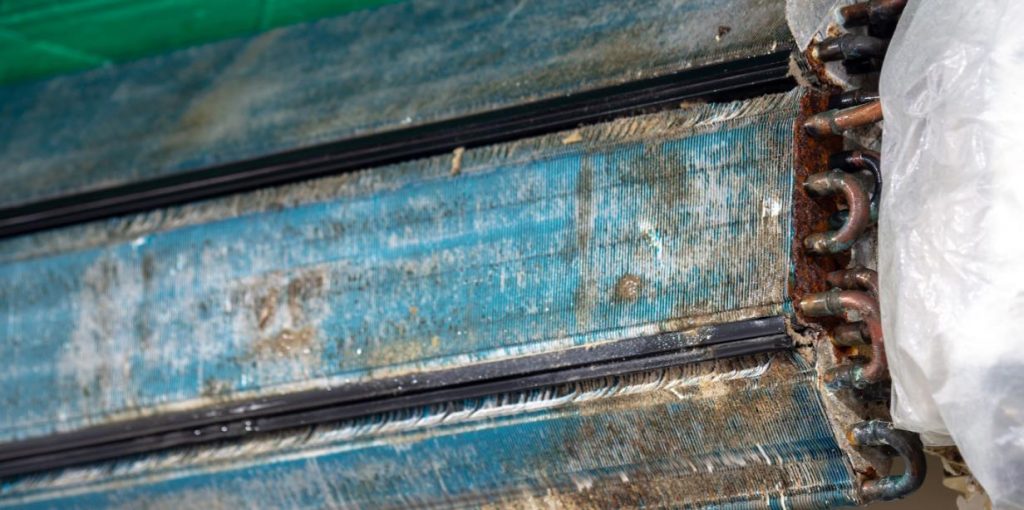
What can you do?
- Buy a humidity and temperature data logger and ensure your indoor space never reaches the suggested upper or lower humidity limits.
- If your air conditioner is not maintaining the correct humidity levels, buy a de-humidifier and set it to maintain between 50-55% relative humidity.
- Residential only – Open a window and turn on a kitchen or bathroom exhaust to draw outside air through the property (when doing this ensure your exhaust fan is vented outside and not to a roof space.)
How can we help?
- Scheduling a once off thorough maintenance to ensure all outside air systems are working correctly, filters are clean, indoor units are fungi and bacteria free and the system is operating correctly to ensure humidity levels are properly maintained.
- Air Purification – we can supply air purification products for the home or office. For more information on these products please contact us.
Conclusion
As this virus is so new there is no study that directly links COVID 19 and air conditioning systems. However, based on the information provided it is clear a poorly maintained or incorrectly configured system could assist the spread.
In the current trying times, many people are trying to cut down on costs or minimise the persons inside their home, building or office. This is completely understandable, however leaving your HVAC system run without proper maintenance could also pose a negative effect.
For more information please contact:
Josh Morgan
CoolTimes Services
Resources:
https://www.livescience.com/coronavirus-can-spread-as-an-aerosol.html
http://cahare.sh-original-media.com/hepa-filter-efficiency-chart/
http://energysmartohio.com/uncategorized/how-to-tell-if-your-home-is-too-tight-using-carbon-dioxide/



